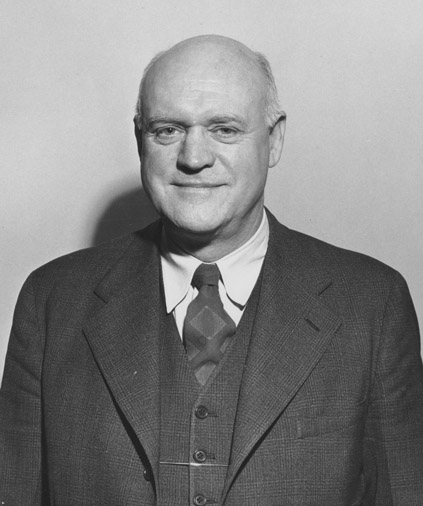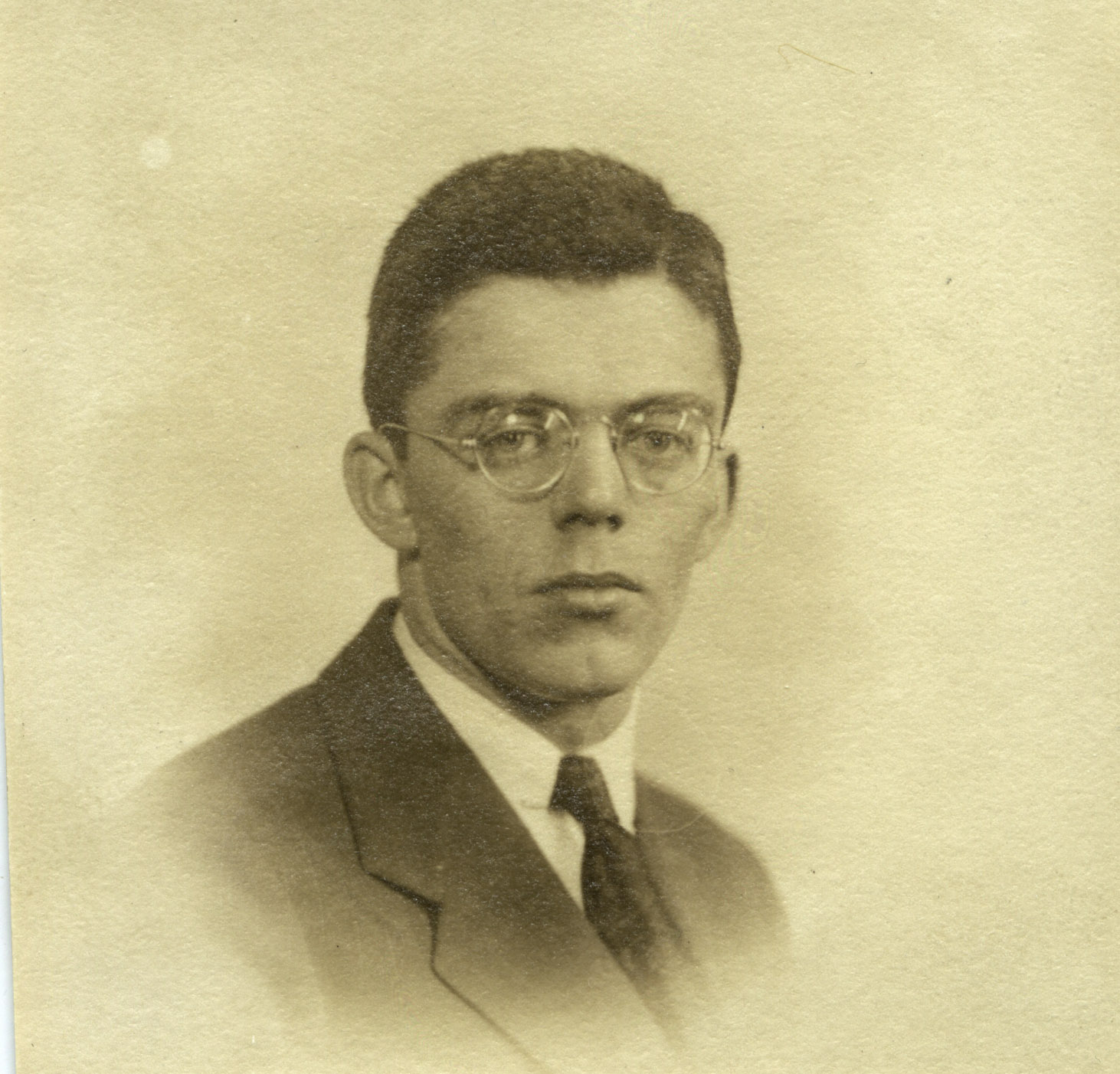Ralph Van Meter Papers

Ralph Van Meter, the first president of the University of Massachusetts after it changed its name from Massachusetts State College in 1947, spent nearly 40 years learning, teaching, and leading on the Amherst campus. A graduate of Ohio State University (B.S., 1917), he came to the Massachusetts Agricultural College as a specialist in Food Conservation in 1917, serving in the Pomology Department first as a professor, and then as the head from 1936 to 1948. The Board of Trustees appointed Van Meter as Acting President in 1947 and President in 1948. He was responsible for a number of innovations, including the creation of the position of Provost (first held by John Paul Mather) and the establishment of new schools of business administration and engineering.
Correspondence, memos, reports, clippings, and other papers, relating to matters at issue during Van Meter’s presidency of University of Massachusetts including the building program, World War II veterans, accreditation, and the university seal; together with published writings, biographical material, military records, and material from Van Meter’s inauguration as university president.


